The Birkbeck Institute for the Study of Antisemitism is a centre of innovative research and teaching on antisemitism, racialization and religious intolerance. It contributes to knowledge and understanding, policy formation and public debate.
The Birkbeck Institute for the Study of Antisemitism was established in 2010 by Birkbeck, University of London and Pears Foundation.
We are the only university centre in the UK dedicated to the study of antisemitism and one of only two in Europe. The Institute is renowned internationally for its innovative research and teaching.
Our work is framed by our conviction that antisemitism is a distinctive form of racism. Through our research and public activity we establish points of connection between the problem of antisemitism and the challenge of racisms more broadly.
Our scholarship contributes to public debate on antisemitism, racialization and religious intolerance and we provide expertise and advice to a wide range of institutions in the UK, Europe and the wider world.
The Birkbeck Institute for the Study of Antisemitism is both independent and inclusive.

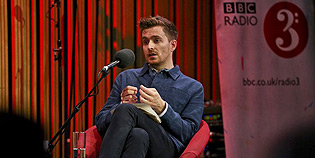


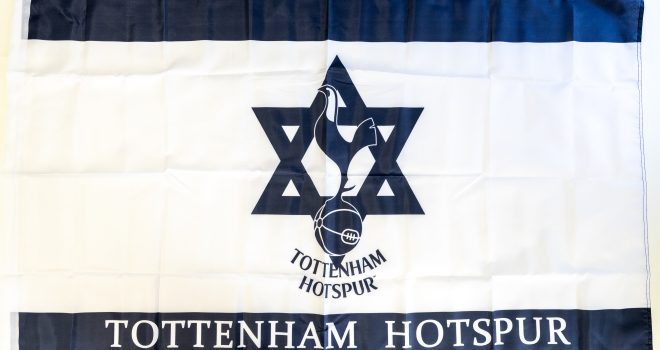
Pavel Brunssen traces how both Jewish and non-Jewish actors perform Jewishness, antisemitism, and philosemitism within European football cultures over the twentieth and twenty first centuries.

David Feldman explores how memorialisation of the Holocaust has changed over time, why it has done so, and the role of Holocaust memorialization today.
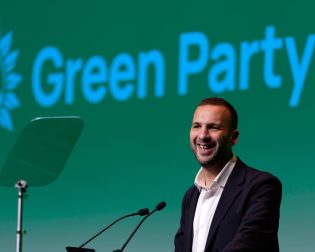
BISA academics reflect on the growing political divisions among British Jews.
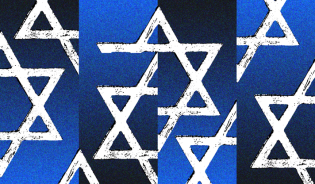
Why don’t we acknowledge that there are different ways of measuring the prevalence of anti-Jewish prejudice? On the one hand, reports of recorded antisemitic incidents have risen, and many Jews are fearful. But surveys of the British population’s attitudes to Jewish people show a steep decline in prejudice. And Jews are more concerned by racism generally than antisemitism specifically, which could be a building block for the anti-racist politics that is so badly needed.
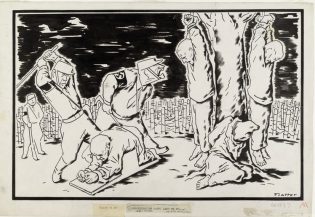
Diana Popescu uncovers an overlooked chapter in British and Jewish cultural histories: the role of Jewish refugee artists in shaping visual opposition to Nazism during the 1930s and 1940s.
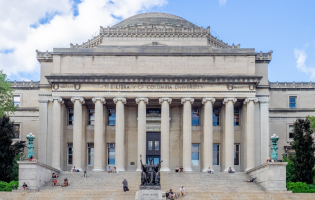
In this lecture, Professor Dov Waxman will consider not only the problem of antisemitism on US campuses but also how it has become a subject for political intervention and controversy.
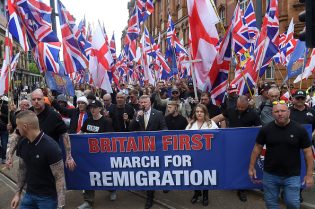
Kenan Malik explores the erosion of the barrier between far-right and mainstream ideas, the resurgence of racism and what our response should be.
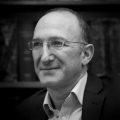
We build alliances to promote knowledge and share understanding, making our work ever-more relevant in a world threatened by populisms and conspiracy theories from the political left and right
Professor David Feldman, Director